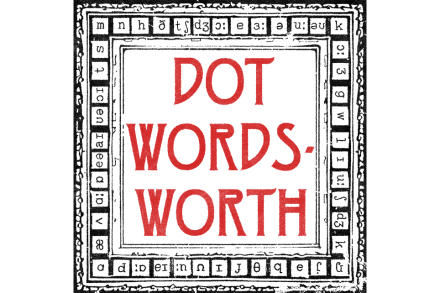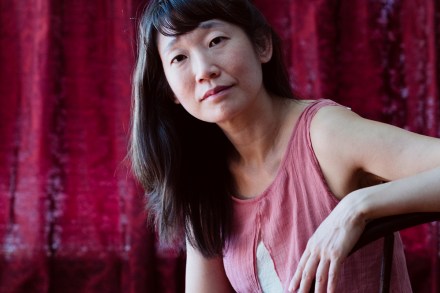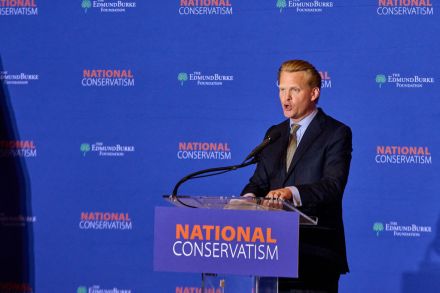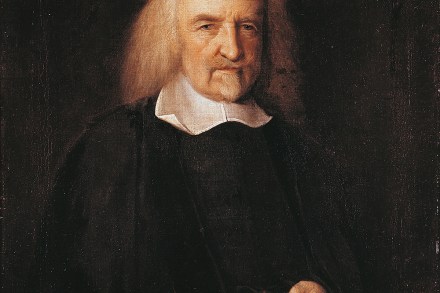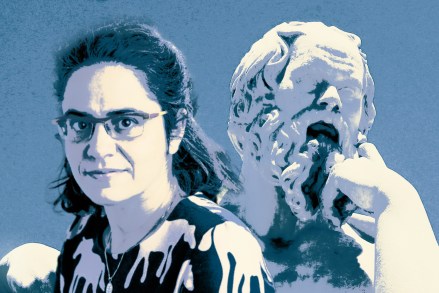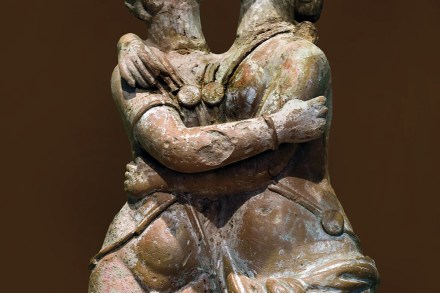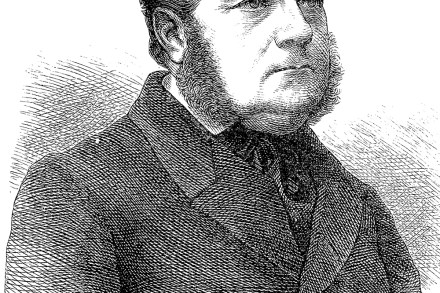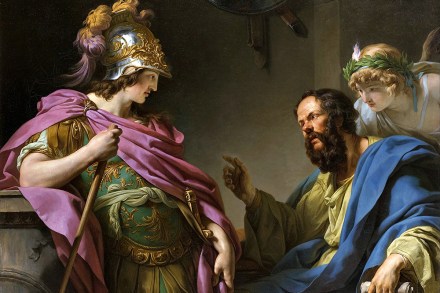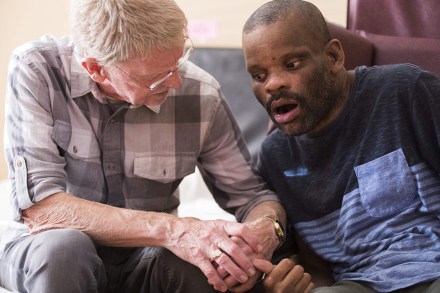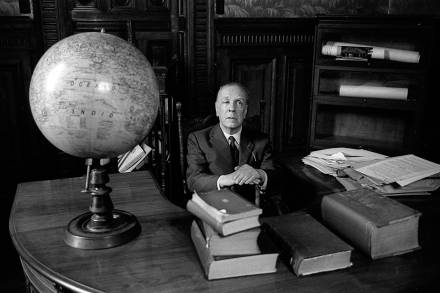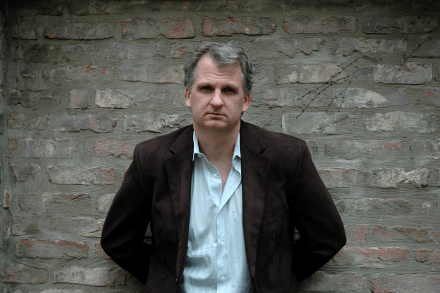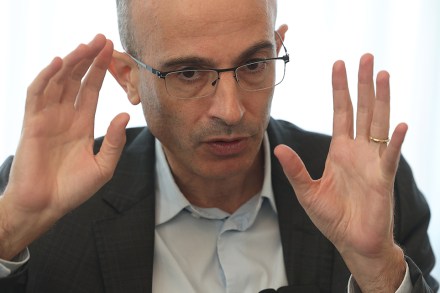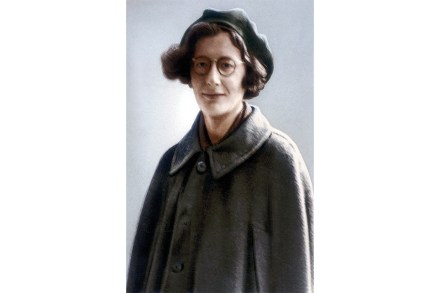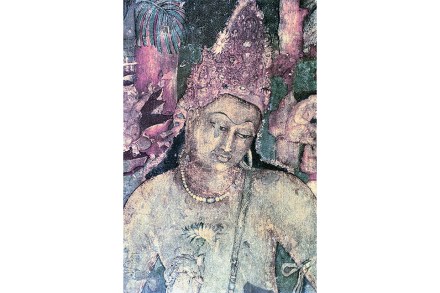The cunning meanings of quant
The FT headline said: ‘Man Group orders quants back to office five days a week.’ I didn’t know what quants were and all my husband could say was: ‘Complete quants’, as though it were funny. Of course I kept thinking of Mary Quant, and I suppose her name was French in origin. There was a Hugo le Cuint in 1208 and a Richard le Queynte in Hampshire in 1263. The name would relate to quant or quaint, meaning ‘clever’ or ‘cunning’, and derived from Latin cognitus. The varied spelling overlapped with the word Chaucer used for a woman’s private parts, which comes from a completely different Latin word. Such is
